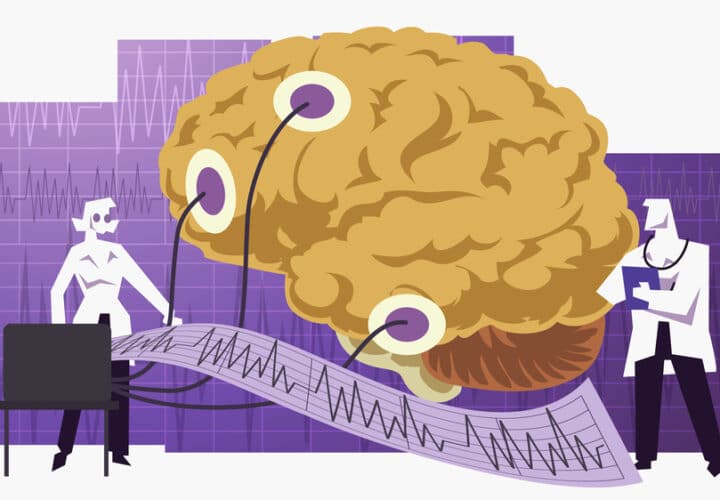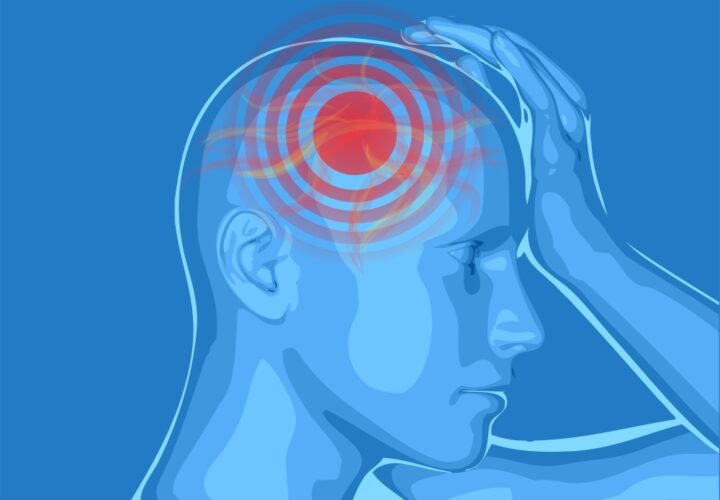For a disease that has no cure or treatment to stave off the symptoms, a new study offering even a sliver of positive news is welcome. Scientists at the University of Southern California have found that certain compounds found in common foods might reverse the symptoms of Alzheimer’s.
Compounds Found in Green Tea and Carrots, Tomatoes and Rice
The study, published in the Journal of Biological Chemistry, looked at the effect of two plant compounds: EGCG, or epigallocatechin-3-gallate, which is found in green tea, and FA, or ferulic acid, abundant in carrots, tomatoes, rice, wheat and oats.
The researchers put the compounds to test amongst a group of 32 mice with symptoms of Alzheimer’s. Over a three month period (a long period of time for a mouse, whose age expectancy is three years), the mice were given either a combination of EGCG and FA, just EGCG, just FA, or a placebo. There was also a control group of mice with normal cognition. Before they were put on the special diet, the mice were given cognitive tests that mimic those given to gauge dementia in humans—for example, a maze in the shape of a Y, which researchers said tests mouse cognitive abilities the way remembering directions or getting out of a building would test a human’s spatial thinking and memory.
Scientists observed that healthy mice could explore the Y-maze, usually looking for food or a way out, in a way that the Alzheimer’s mice could not. But by the end of the three-month study, the mice who took both the EGCG and FA treatments were able to interact with the maze in the same way that healthy mice could.
ECEG and Ferulic Acid’s Effect on Beta-Amyloid
The researchers theorized this reversal in notable symptoms might be due to the compounds’ ability to prevent amyloid precursor protein, known as APP, from breaking down into smaller molecules known as beta-amyloid, the main biomarker for Alzheimer’s disease that forms into plaques in people with dementia.
The one caveat: The study was performed on mice genetically engineered to produce the beta-amyloid proteins found in the brains of people with Alzheimer’s, so study authors warn that results might not be replicated in humans.
But the good news is that changing your diet to adhere to these findings certainly can’t hurt your cognition—and it doesn’t require enrolling in a clinical trial to get the purported benefits.
“You don’t have to wait 10 to 12 years for a designer drug to make it to market; you can make these dietary changes today,” said senior author Terrence Town, a professor of physiology and neuroscience at the Keck School of Medicine of USC’s Zilkha Neurogenetic Institute. “I find that very encouraging.”
A Combination Therapy That Starts With Diet
The study supports the idea that there is no one magic pill or plant compound that will knock out the environment in the brain that causes Alzheimer’s; it has to be attacked from multiple venues, a technique known as combination therapy. Combination therapy is also used for diseases like HIV, cancer and rheumatoid arthritis.
ECEG is most potent in loose-leaf tea, according to a report by ConsumerLab.com, rather than tea bags. It’s been linked to other health benefits, like heart attack, inflammation and cancer prevention. Ferulic acid has been shown to improve memory in other animals, though it has not been replicated in humans.
[ Next: ‘Holy Herb’ Found in California May Help Treat Alzheimer’s ]



